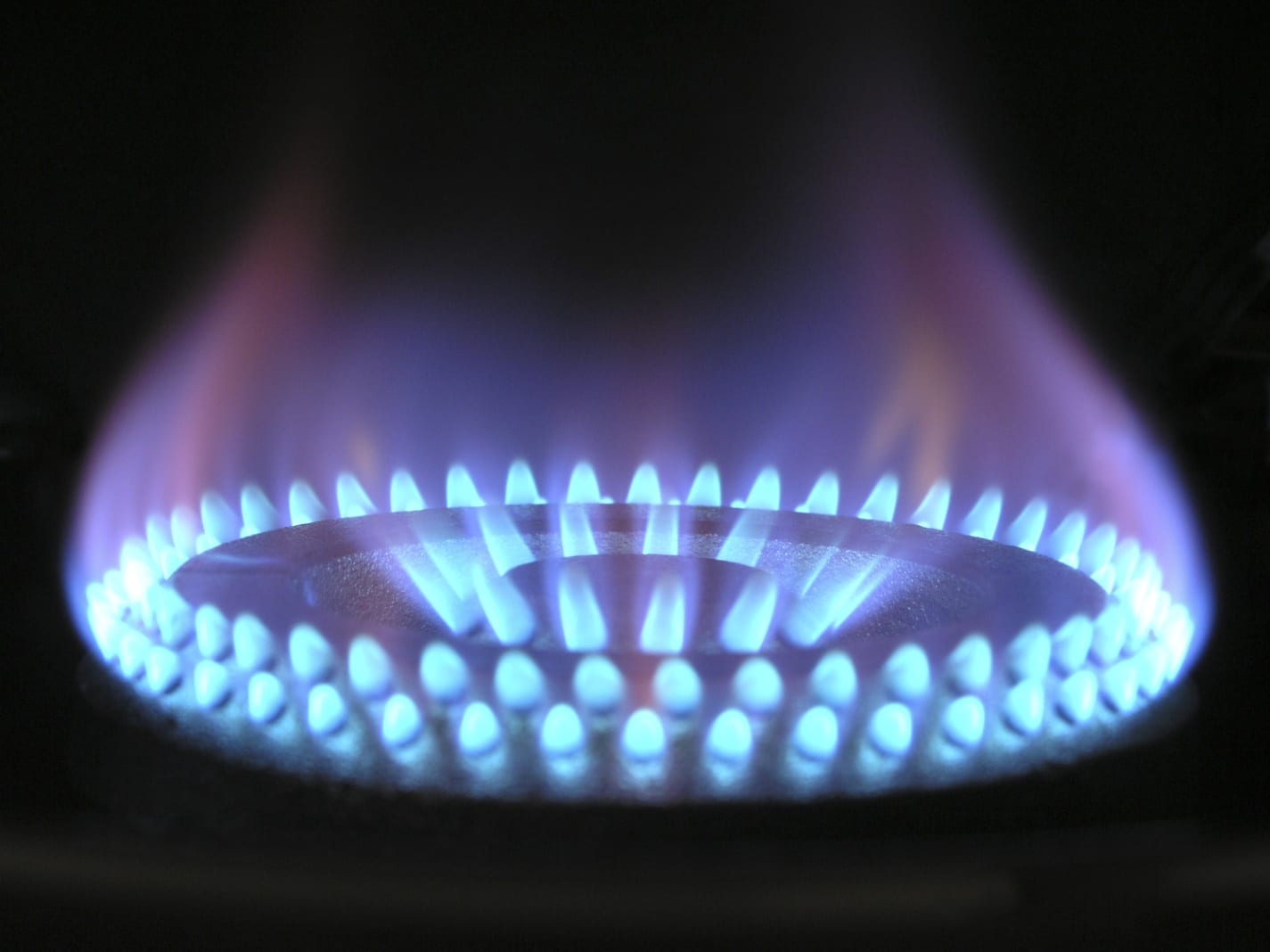Targeted Subsidy for LPG Adoption Study in Peri-urban Community
July 9,2022 | Ongoing Project | Reading time: 6 min
Investigators
Khrc: Kwaku Poku Asante, Sulemana Watara Abubakari, Theresa Tawiah, Seidu Iddrisu
Columbia University: Darby Jack
University of California Santa Barbara: Kelsey Jack
Background
Globally, nearly 3 billion people cook with traditional stoves and fuels. These inefficient and polluting energy sources produce one-quarter of all black carbon emissions globally. Household air pollution also
represents the largest energy-related health risk, leading to nearly 2.3 million preventable pollution-related deaths per year. Recognizing the costs associated with the use of biomass fuels for cooking, the Government of Ghana
has committed to giving 50 percent of Ghanaian households’ access to LPG fuel for cooking, but progress towards this goal has been slow.

Previous efforts in other countries to drive clean fuel transitions by targeting subsidies to the poor have largely been unsuccessful. Adopting a “smart subsidy” approach, this project relies on targeting strategies that aim to balance the heavy cost of subsidization with the social benefits of clean fuel use.
The results of this study will inform the Government of Ghana’s energy policy efforts, which are currently focused on improving the country’s LPG distribution system.
Funders
Columbia University
